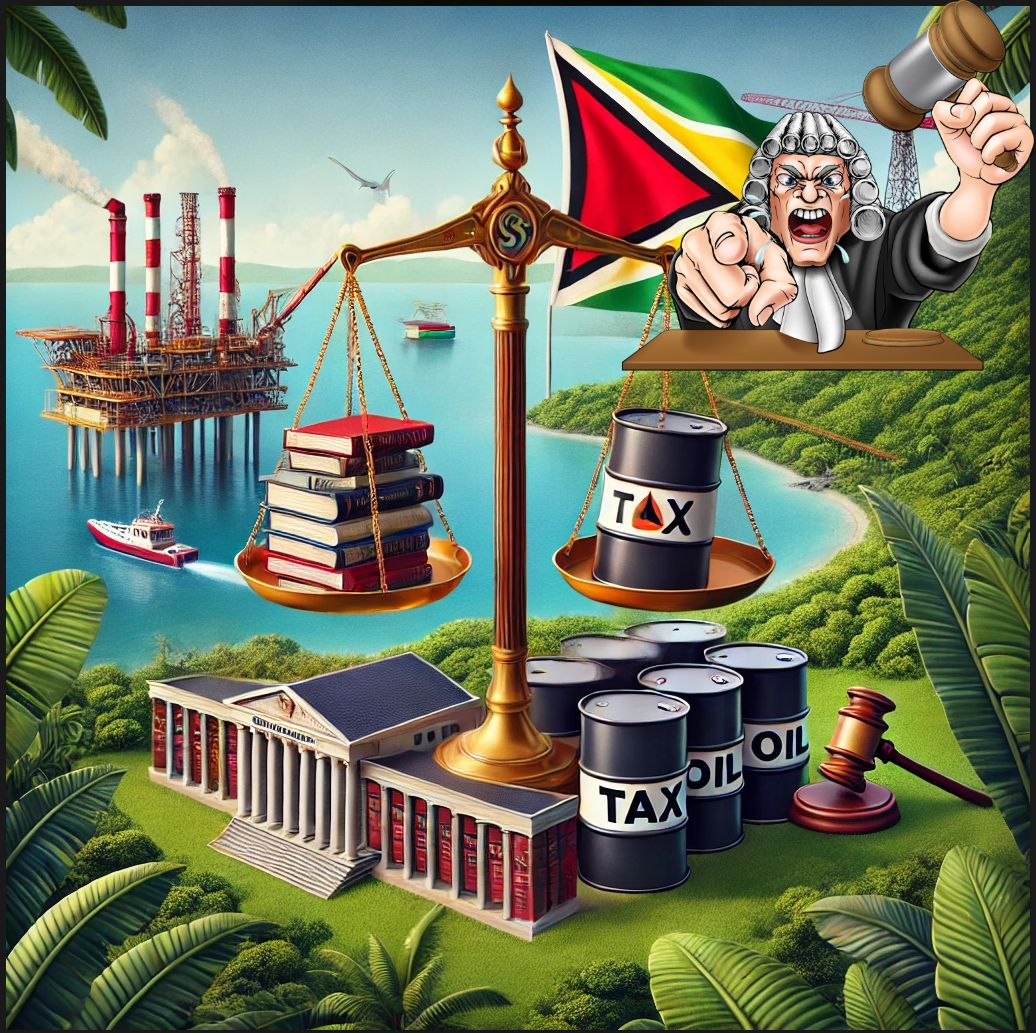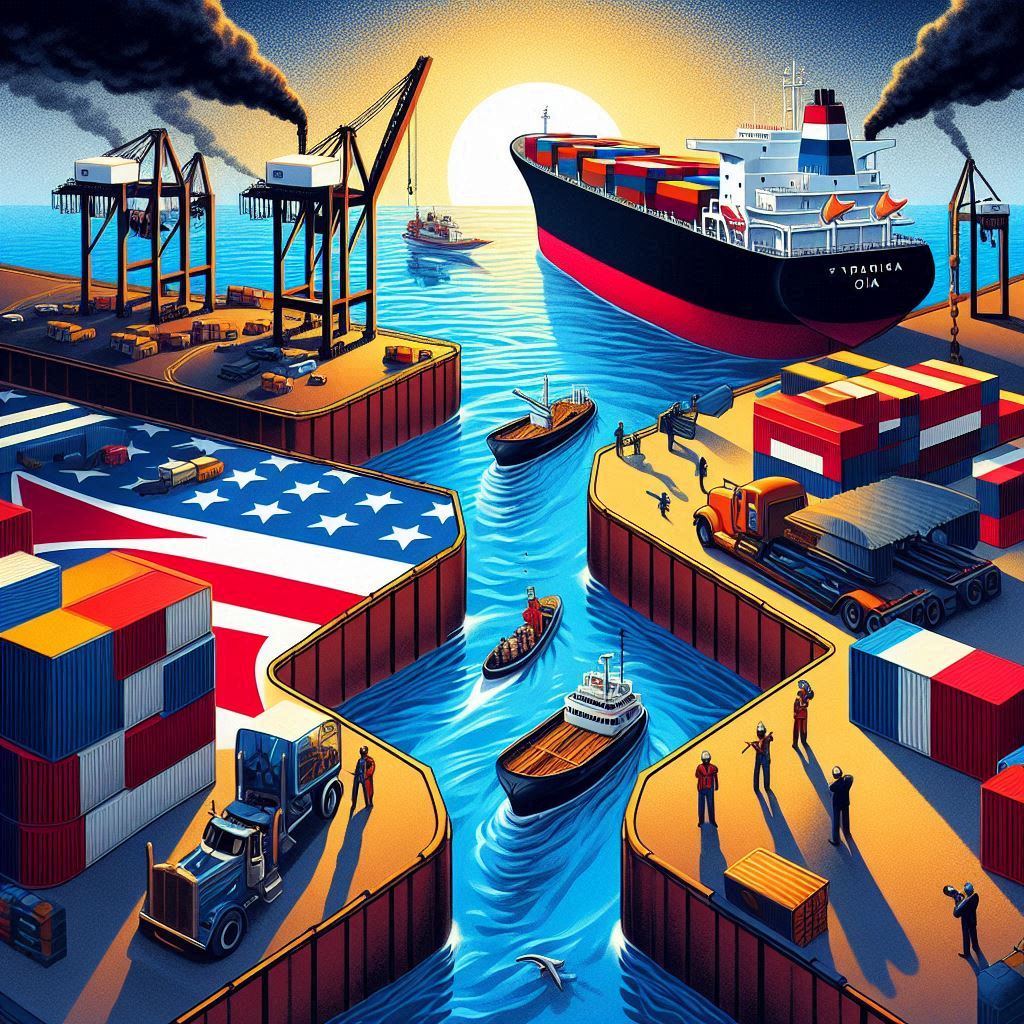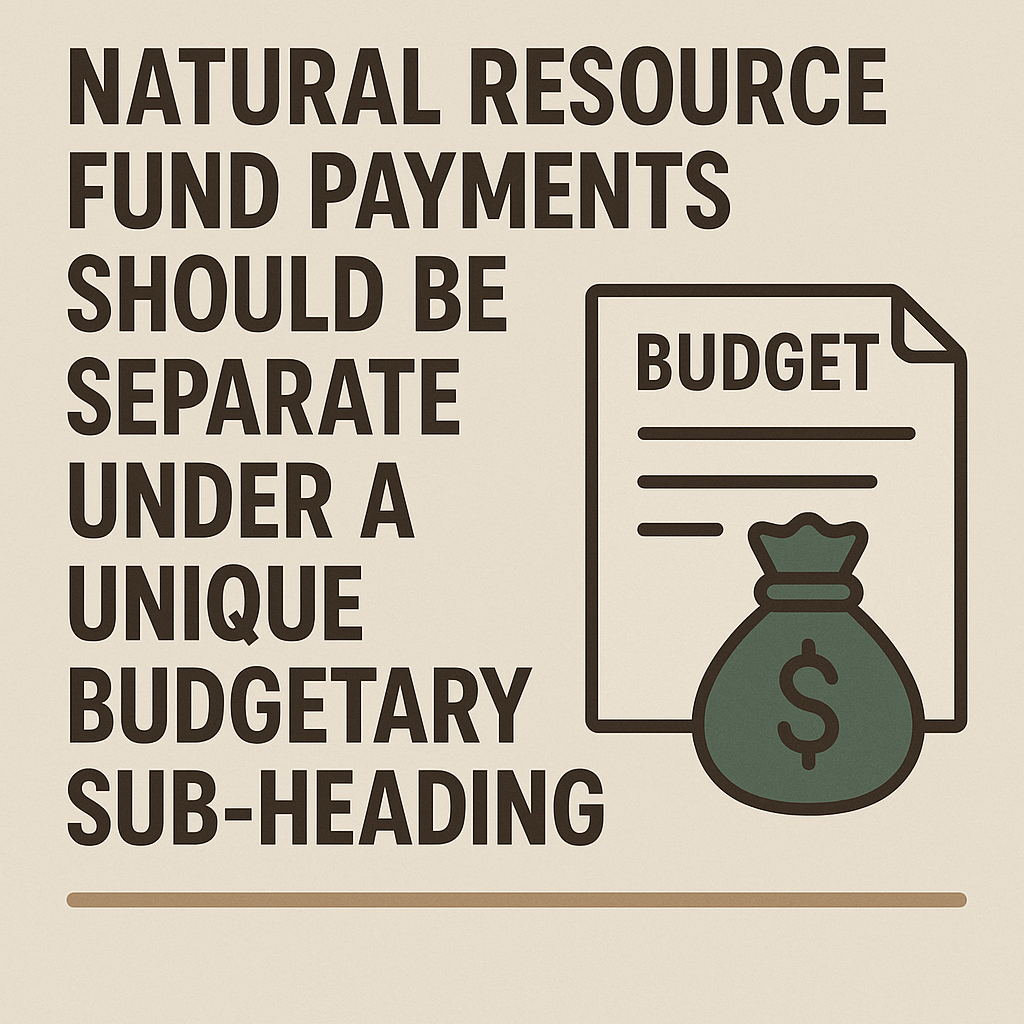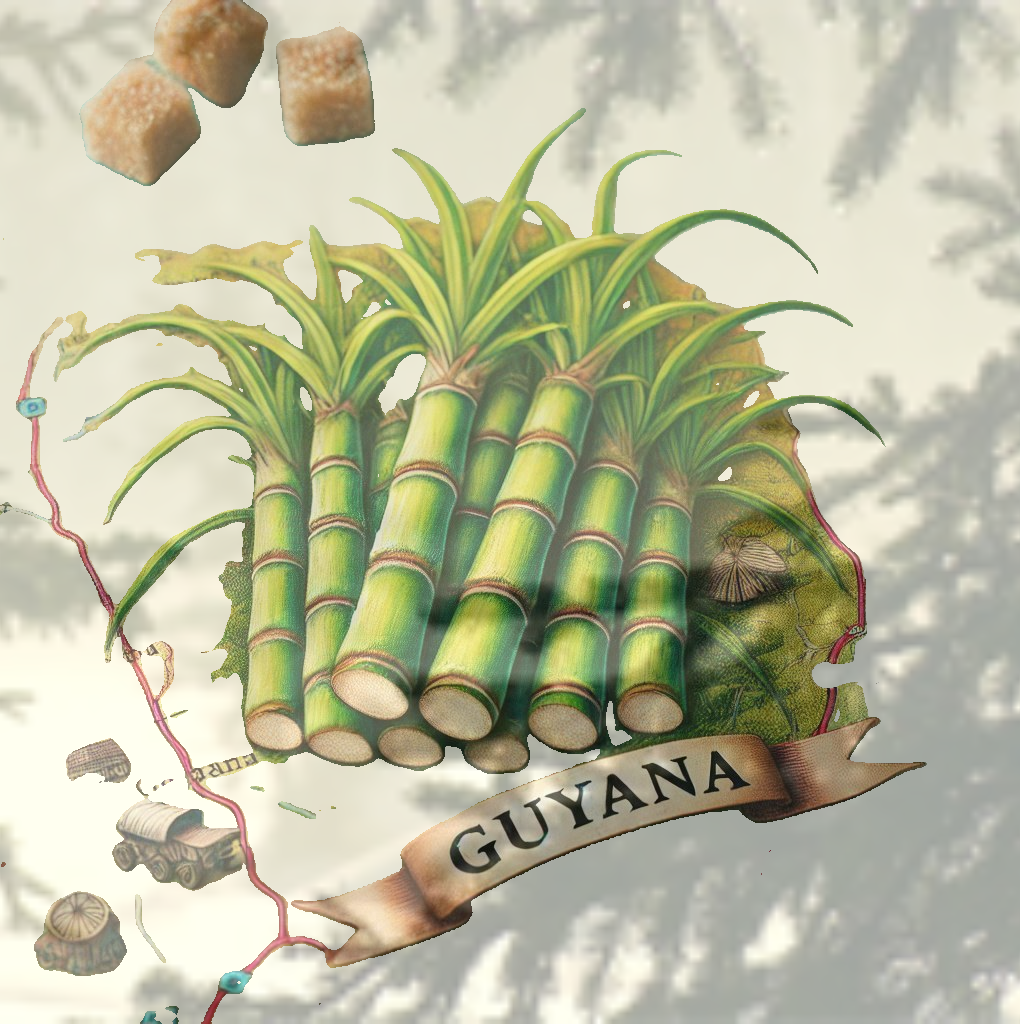I wish to respond to the idea that the oil companies are granting Guyana a fair deal with their 50/50 billboard in which Guyana is getting one-half of the profits from sale of crude oil. Further, the ideas thrown about is half a loaf is better than nothing. This is very misleading in running a business. What is missing from the billboard information is half of what? If the total production were a loaf of bread with 24 slices, the oil companies first take out three quarters or 18 slices, leaving 6 slices for Guyana to get 3 slices, from which Guyana has to pay the oil companies’ profits tax calculated on the sale of crude oil.
Fifty-fifty is not sufficient to deal with all of the extra effects spilled over on Guyana, its new housing, its higher labour and materials needs, its staffing and material health care needs, public transportation needs, and so on. If the oil companies were responsible for managing Guyana’s economy, they would have to set aside money to cater to these additional necessities facing Guyana through its budget and leave the National Resource Fund savings to earn passive income granted to all Guyanese.
Guyana’s future is now. We are here just like the oil companies’ shareholders. The designers of taxation systems from Texas to Princeton New Jersey know that there will be inflation and social needs to be funded, especially serious traffic congestion and public transportation issues. More money is needed in Guyana’s budget to cater for these added effects on Guyanese people.
The Production Sharing Agreement, PSA2016 contract has a provision for re-negotiating the cash flows of the oil industry. Circumstances have changed – there were hidden costs to Guyana that were unforeseen when the contract was signed. These are impacting on the economy right now. Guyana’s budgetary requirements should cover current spending at least, while investing its 2 percent royalty to generate interest income for all Guyanese. This should be a minimum standard to use its oil wealth. Mortgage companies, car companies, insurance, and banks do it all the time, for example in no money down payment when buying a car.
The cash flows in the PSA2016 could be rearranged by the parties, so that Guyana’s Sovereign Tax laws are honoured, with the oil companies paying their profits taxes as calculated, and not cause Guyana to spend out its National Savings in its National Resource Fund. The economy stands on its own legs when its taxes cover at least its current additional spending.
Sincerely,
Ganga Persad Ramdas











